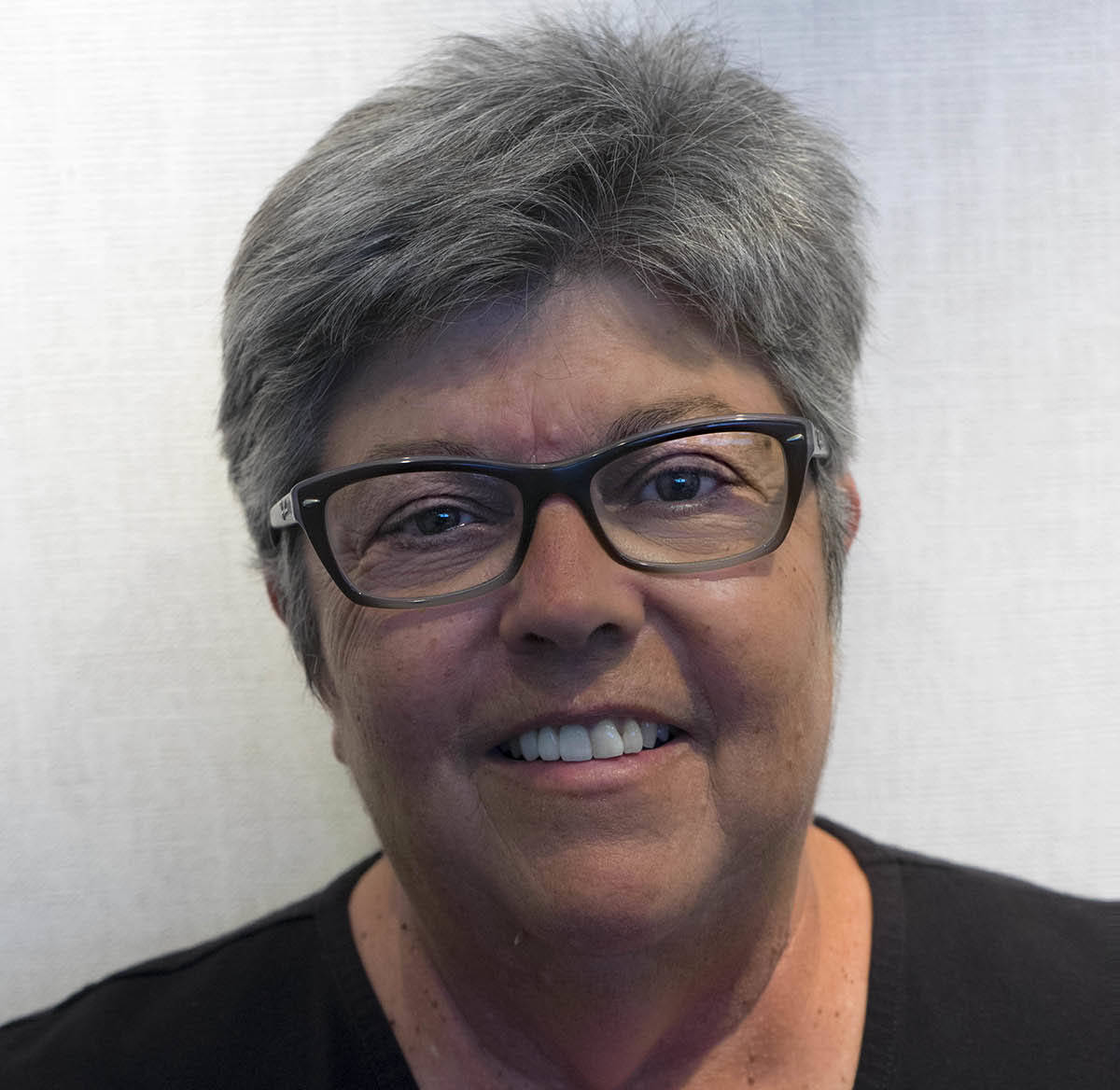More than two parties needed to effect change
The first ballot I cast in a presidential election was in 1972 — Nixon versus McGovern. I also served as an election judge, which is what they were called in Illinois. In Nevada, the term is poll worker (also known as election board officer). Times were different then — no computers, no voting machines, only paper ballots in my precinct.
A requirement was there had to be at least four judges, two registered Democrats and two registered Republicans for our precinct. Our job was checking signatures from a voter’s card with the signature in the “big book” of all registered voters in the precinct, handing them the very large paper ballot and assisting folks in the voting booth if they requested help.
That day in 1972 began with an argument with a person who had always been an election judge but never officially assigned by the election board. She was always “appointed” by the Democratic Party. Guess the party liked her. So, at 5:30 a.m. I called “downtown” to determine if this woman was to be an election judge or not. The woman was removed, and in her place a duly certified and registered Democrat was seated who was definitely a George McGovern supporter.
The day was uneventful and dragged on. The Democratic “representatives” in the polling place were cordial to me, considering I was from the opposing party. I didn’t question why there were so many of these “representatives” in the room, but I thought better than to ask since they were usually standing or sitting next to Chicago police officers with guns.
There was some excitement near the end of the day when I challenged a voter, a Democrat, who claimed she was a 70-something-year-old. I knew this voter since she lived half a block away from me and had already voted that day. There was a card in the big book for the voter and another card for her dead mother-in-law, who hadn’t voted that day. I told her as authoritatively as I could for a short, 21-year-old: “You can’t vote off your mother-in-law’s card. You voted legally already.”
There was some fussing and calls of “let her vote,” but I wouldn’t allow it and neither would the young man who was a Democratic judge and a McGovern supporter. Democrats wanted Nixon to win, not that he needed help in 1972.
The polls closed and counting began. A police officer sat next to me. He saw that McGovern had been chosen. He took the ballot from in front of me, crumbled it up and threw it in a nearby trash can. I can still see that picture in my mind. I froze, sat that way for about a minute, and went on to tally the next ballot, still shocked.
That was my first and last experience as an election judge, but it showed politics at the precinct level. The party in power does what it believes is necessary to stay in power. The Chicago Democratic Party, with McGovern and new rules from the Democratic National Committee, was losing power. If the Democrats in Chicago needed to “play ball” with the Republicans, so be it. All the power players stay in place. Blue or red doesn’t matter. It’s power that counts. A vote here, a vote there — every vote matters.
The DNC platform wanted immediate withdrawal from Vietnam, amnesty for war resisters, an end to the draft and a job guarantee for all, something progressives are still seeking. The Chicago power players were not going to let some outsider like McGovern dictate to them. Sound familiar?
In the nearly five decades that have passed since I got a small taste of the details built into a power system, the only thing that’s changed is the strength and names of the power players. People continue to lose and have nowhere to turn except to basically unaccountable small fish in a big pond.
It takes more than a two-party political system to combat climate change, unemployment, staggering private debt, homelessness and systemic inequality. It takes a movement of committed individuals willing to arm themselves with the knowledge to change priorities from power to people. Are people and planet worth it? Let’s talk. Call me.
Rose Ann Miele is a journalist and was public information officer for Boulder City for nine years. She is the national outreach director for Real Progressives. She can be reached at roseannrab@hotmail.com or at 702-339-9082.




